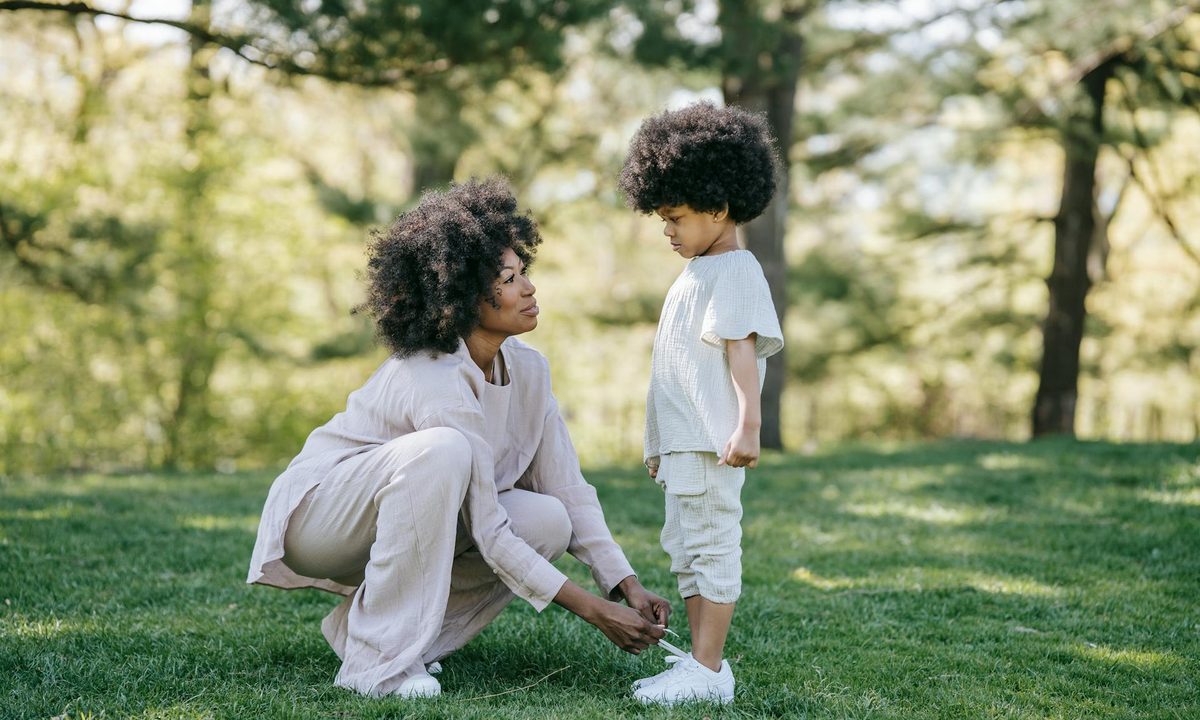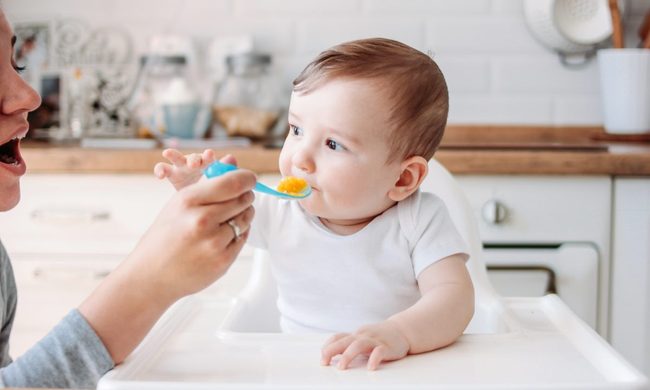Parents are facing parenting challenges that older generations never had to endure and are facing constant scrutiny online and in person. It seems that no matter how you parent, someone on the internet will have something to say about it, especially if you’re a mom. For some reason, dads don’t face nearly as much judgment about how they raise their kids as mothers do. After all, terms like silky mom, tiger mom, and crunchy mom, are now common terms used to describe different parenting methods, but the helicopter mom is the OG of these parenting styles.
What is helicopter parenting?
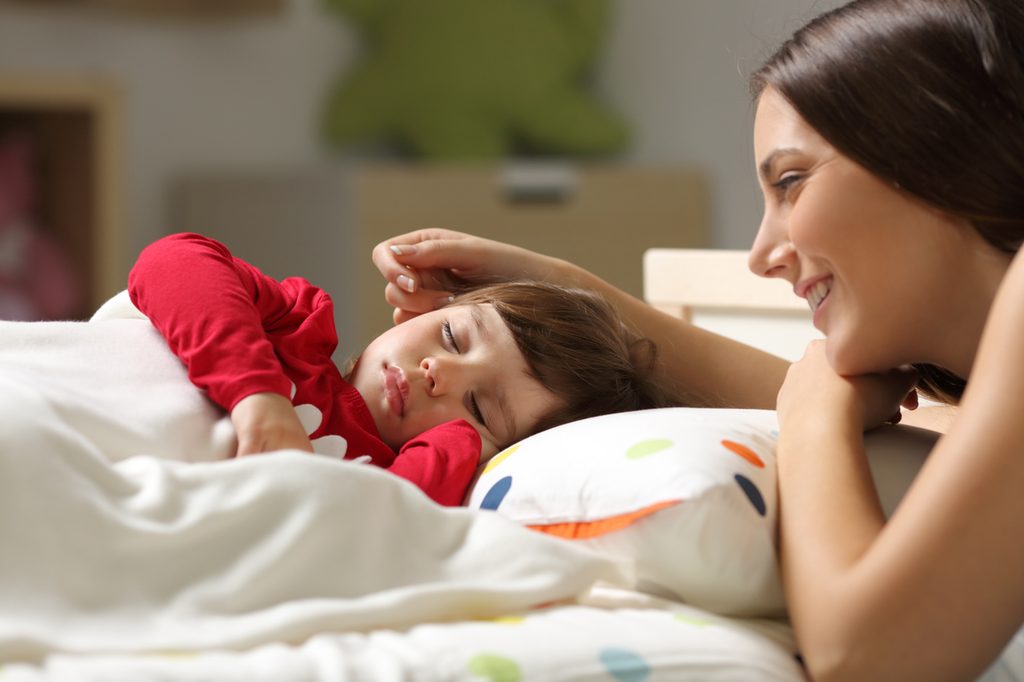
Helicopter parenting became a widely used term in the 1990s, and describes overprotective parents who hover over their children, hence the term “helicopter.” Authors Foster Cline and Jim Fay popularized the term in their book Parenting with Love and Logic, writing that helicopter parents, “hover over and then rescue their children whenever trouble arises.” They added that “they’re forever running lunches, permission slips, band instruments, and homework assignments to school.”
You may also recognize the helicopter parent on the playground as they hover over their child, constantly monitoring how they play and who they play with. Helicopter parents try to shield their children from any potential conflict or struggle, which can be understandable but also detrimental to a child’s personal development.
What causes this?
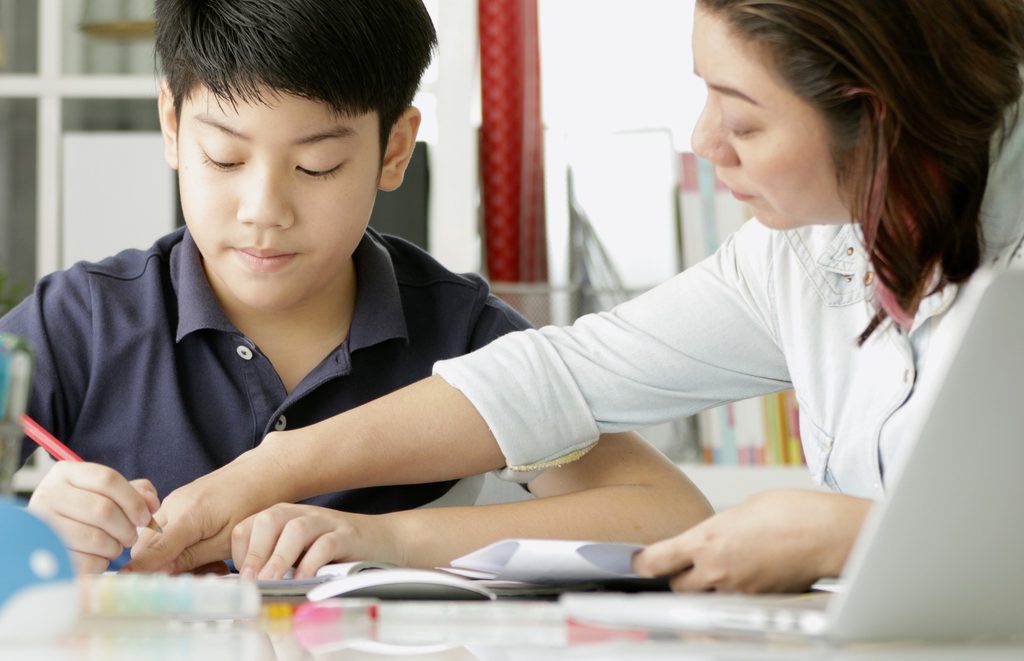
Becoming a parent can be scary, which is why it’s not surprising that helicopter parents exist. They truly feel like they’re acting in the best interest of their child, even if their behavior is doing more harm than good. According to Choosing Therapy, “Helicopter parents tend to be highly anxious, even when their children are in safe environments. These parents have a strong desire to protect their children from harm, failure, and negative emotions like disappointment.”
These are all natural desires for any parent, and helicopter parenting comes from a place of love, but projecting that anxiety onto a child by shielding them from the world at large isn’t a great way to raise well-adjusted children who are prepared to tackle any problems on their own.
Clinical psychologist Dr. Michelle M. Reynolds explained to Parents that often helicopter parenting is the result of a parent wanting their child to have a better childhood than they experienced. “They may have wished their own parents were more involved with their school performance or activities,” she said.
How to tell if you’re a helicopter parent
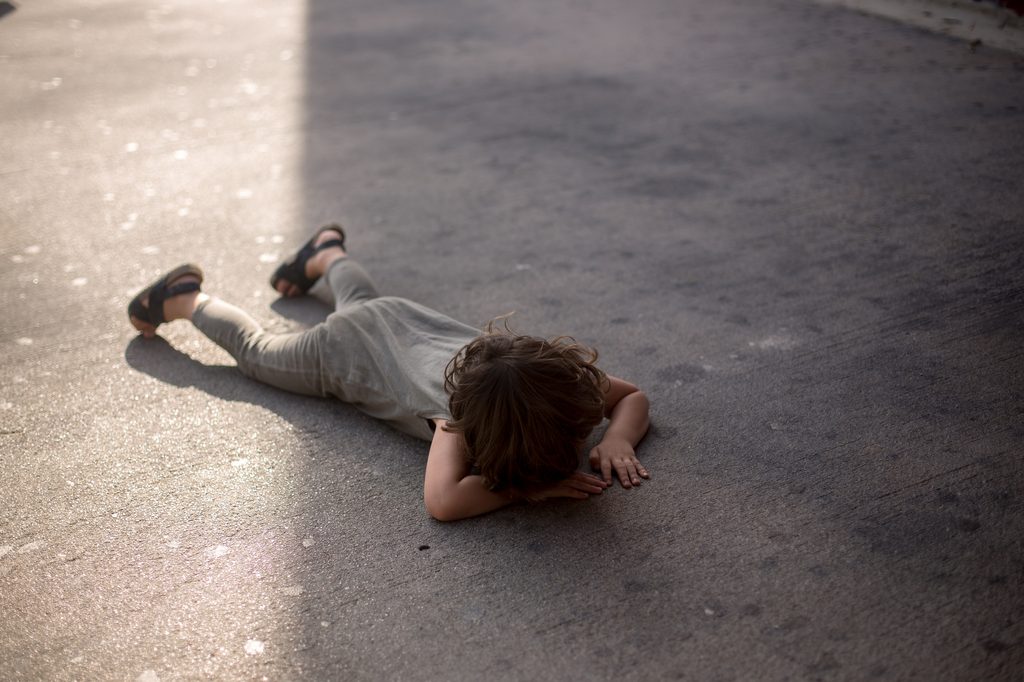
Parents always have the best interests of their children at heart, which is why it’s important to be self-aware if you’re becoming a helicopter parent. “Common characteristics of helicopter parents are incessant worry about safety, giving a child more restrictions than his or her peers, and feeling more anxious about the child’s matters — like an upcoming test — than the child does,” Dr. Jenny Grant Rankin, Ph.D. explained to Good Housekeeping.
If you find yourself intervening in an argument between your child and their friends, calling their teachers when a grade comes back that you find too low, or constantly reaching out to a coach to speak on behalf of your child, you may be a helicopter parent.
Drawbacks of this style of parenting
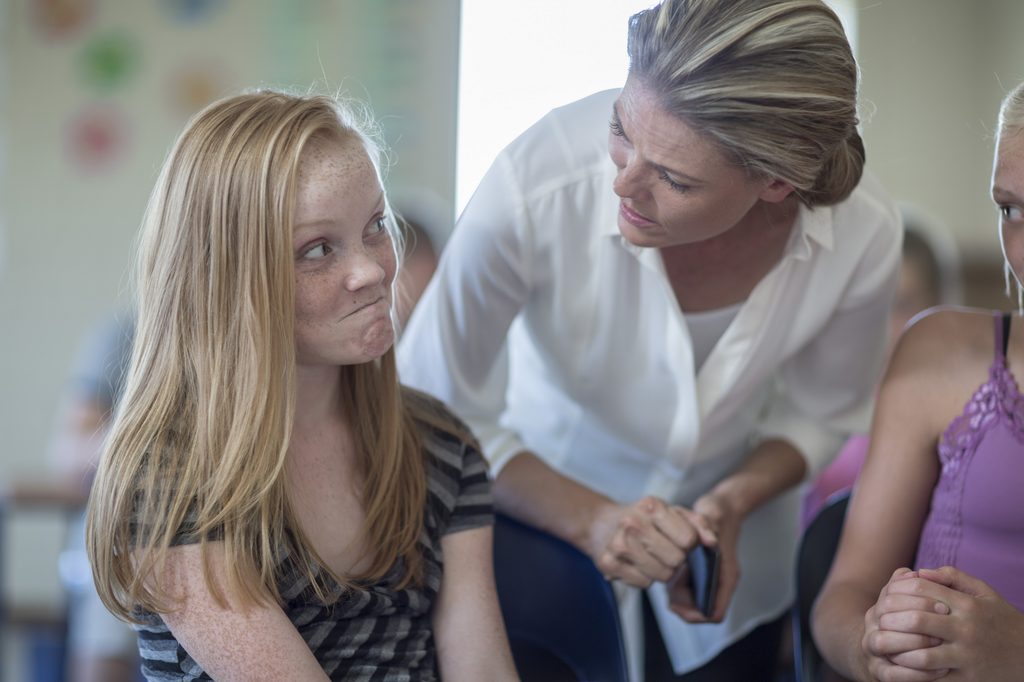
One thing that’s very common among helicopter parents is the assertion that they’re only acting in the best interests of their children. These parents fail to see how their constant intervening and always needing to be in control of situations involving their children can be harmful, instead of helpful. However, as Catherine Steiner-Adair, clinical psychologist, told CNN, through their behavior, “helicopter parents don’t develop independence and self-advocacy in their children.”
While some may defend being a helicopter parent as simply being involved and invested in a child’s well-being, others will argue that the constant hovering sends a message to a child that they are incapable of thinking for themselves and advocating for themselves. “The children of helicopter parents can struggle when it comes to learning boundaries or judging safety on their own,” said Dr. Rankin.
Clinical psychologist Dr. Elizabeth Cohen agrees, telling Good Housekeeping that while helicopter parenting can prevent children from some bumps and bruises when they’re younger, it can harm them in the long run. “They don’t get to exercise the muscle of trying out problem-solving strategies,” she stated. “They don’t need to figure out the life skills of how to get out of a sticky situation on their own.”
The benefits of being a helicopter mom
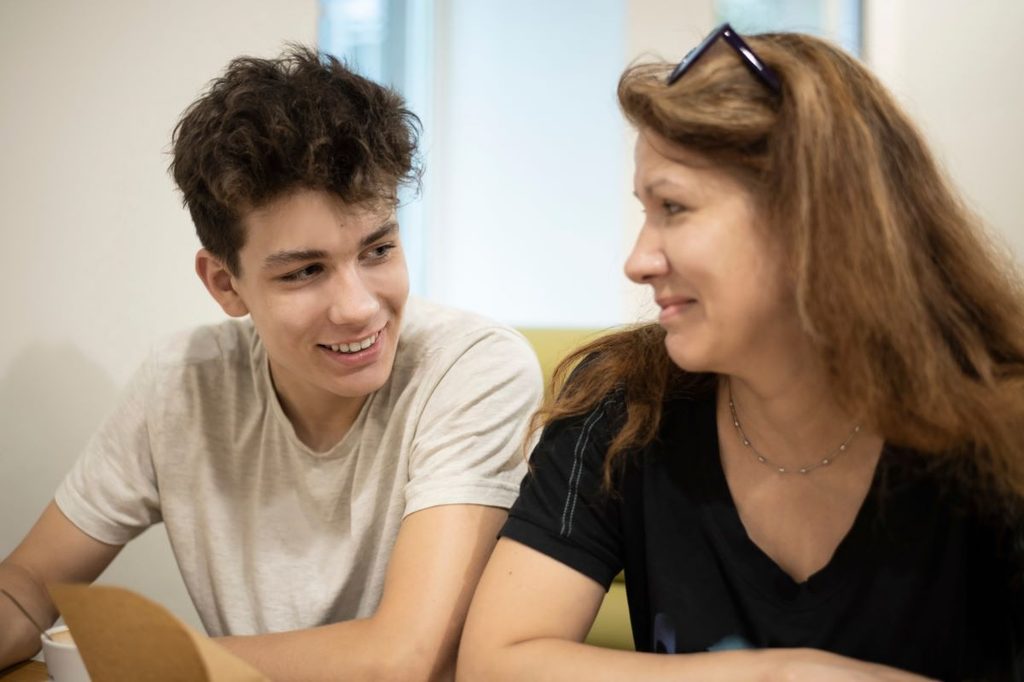
There are some benefits when it comes to being a helicopter mom. Children often feel more supported when they have parents who are truly invested in their daily activities. If you’re a helicopter mom, you may know if your child is struggling in school or with friends and be able to intervene and make a difference.
A lot of children struggle with their mental health and helicopter moms are often able to notice changes in their child’s behavior and moods that other parents may not. Children of helicopter moms also tend to be punctual and are responsible when it comes to completing tasks. Like everything, being a helicopter mom isn’t all bad as long as you allow your child room to make mistakes and learn from them in the process.
How to change

As hard as it may be, it is possible to change your parenting style and stop hovering so much, if that’s your goal. It’s important that children of all ages can accept the natural consequences of their actions because it teaches them responsibility and accountability. Just because you’re not doing as much for them doesn’t mean you don’t care as much; it just means you’re willing to take a step back and let them problem-solve for themselves.
You aren’t becoming an uninvolved parent, you are just more trusting of your child and their abilities. Listening to your child and allowing them to fail is an important step in changing your behavior. Assign them chores and responsibilities around the house, take a step back when things aren’t done as you would have done them, encourage your children to speak up for themselves, and give them some independence.
Don’t underestimate your child, either. When we empower our children with the right tools, it’s amazing how autonomous they can be. That doesn’t mean that you are no longer needed or that you can’t step in to help when necessary, but it means allowing your child to try before you intervene.
It is completely understandable why some parents become helicopter parents. The world is a scary place and having kids only makes it scarier. Wanting to help and protect your child and do everything you can for them is natural and doesn’t make anyone a bad parent, but sometimes how we help our children can impact their ability to learn and grow. Encouraging your children to advocate for themselves, allowing them to make mistakes, and accepting punishment with grace will help them learn the tools necessary as they grow into adulthood.

